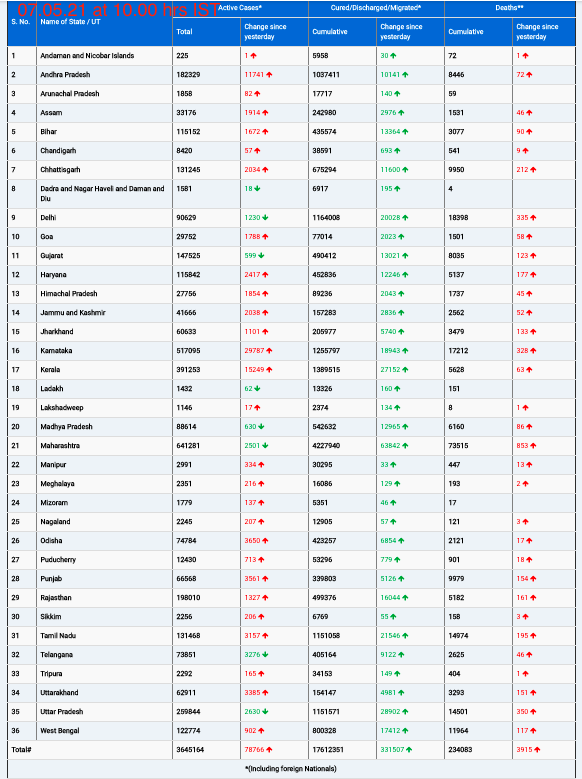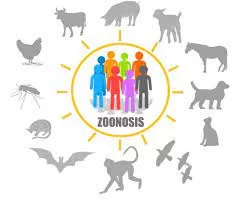 heart
heart
The use of certain antibiotic and antipsychotic medications increases the risk of sudden cardiac arrest (SCA) in individuals with type 2 diabetes who do not have a prior history of cardiovascular disease, according to the first real-world analysis based on primary care data.
Individuals with type 2 diabetes without a cardiovascular disease history face nearly triple the risk of SCA when using antipsychotic drugs, and almost double the risk with specific antibiotics that prolong the QT interval, particularly macrolides and fluoroquinolones.
Peter Harms, MSc, who presented the study at the 2023 Annual Meeting of the European Association for the Study of Diabetes (EASD), emphasized, “These findings indicate that commonly prescribed drugs―antipsychotic medications used by approximately 3% of individuals with type 2 diabetes, and antibiotics taken by 5% to 10%―convey an increased risk of sudden cardiac arrest in those without a history of cardiovascular disease.” Another drug associated with elevated SCA risk among diabetes patients was domperidone, an anti-nausea medication.
Harms, an epidemiologist from Amsterdam University Medical Centers in the Netherlands, underscored the uniqueness of their study, drawing upon extensive primary care data and uncovering significant real-world associations.
Sudden cardiac arrest is responsible for half of all cardiac deaths and constitutes 20% of all fatalities in high-income countries. Harms noted, “As the name suggests, it is difficult to predict because it is sudden, especially in people without a cardiovascular disease history.” He highlighted that many individuals experiencing SCA, often between the ages of 40 and 60, have never consulted a cardiologist but frequently have type 2 diabetes.
“We need to better understand how to recognize people at risk of SCA, know who to watch, and how to prevent these events,” he emphasized.
Vladimira Fejfarova, MD, co-moderator of the session, commented on the study’s clinical significance, stating, “From a clinical point of view, it’s necessary to evaluate risk factors that can contribute to sudden cardiac arrest.”
In summary, the study found that for people with type 2 diabetes without a history of cardiovascular disease, factors such as hypoglycemia, severe hypertension, dyslipidemia, and the use of medications prolonging the QTc interval are associated with an increased risk of SCA. For those with type 2 diabetes and existing cardiovascular disease, albuminuria and heart failure are linked to SCA risk.
Fejfarova added, “With type 2 diabetes and also type 1, we need to look more at adverse events, especially when treating infections with macrolides, but also mycotic infections, because antimycotic drugs are known to influence QT intervals that could contribute to sudden cardiac arrest. We need to be more cautious with prescribing certain antibiotics that have these side effects in our patients with diabetes.”
The research focused on individuals with type 2 diabetes due to their approximately twofold higher risk of SCA compared to those without this condition. Given the regular checkups these patients have with general practitioners, primary care databases provided comprehensive and routine data on risk factors.
The study analyzed the longitudinal relationship between clinical characteristics of 3919 patients with type 2 diabetes, both with and without a history of cardiovascular disease, and SCA. The cases were identified from the AmsteRdam REsuscitation STtudies (ARREST) registry, covering out-of-hospital resuscitation attempts from 2010–2019 in the Dutch Noord-Holland region. Control patients were matched with case patients and sourced from the same primary care practices, with similar age and sex. Clinical data, including blood pressure, blood glucose levels, medication use, and medical history from the preceding 5 years, were obtained from general practice records. The analysis was stratified based on those with and without a history of CVD.
Of particular interest were drugs affecting cardiac function, including some prokinetic, antibiotic, and antipsychotic medications. All of these drugs are known to be linked with QTc prolongation.
In conclusion, the study found that individuals with type 2 diabetes who did not have a history of CVD faced higher SCA risks when using certain antipsychotic and antibiotic medications. Factors like hypoglycemia, severe hypertension, dyslipidemia, and the use of medications prolonging QTc intervals were associated with increased SCA risk. In individuals with type 2 diabetes and existing CVD, albuminuria and heart failure were also linked to SCA risk.









